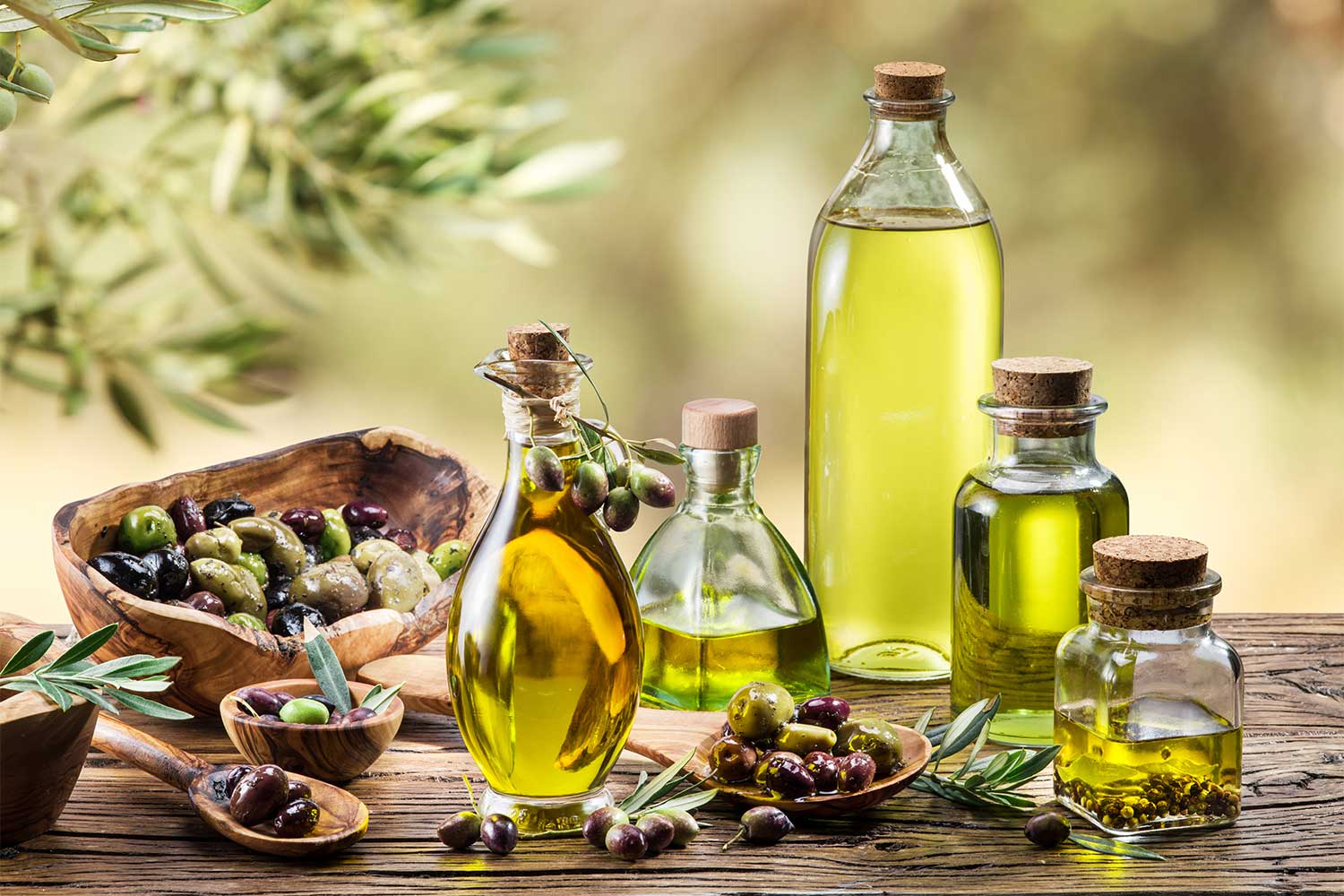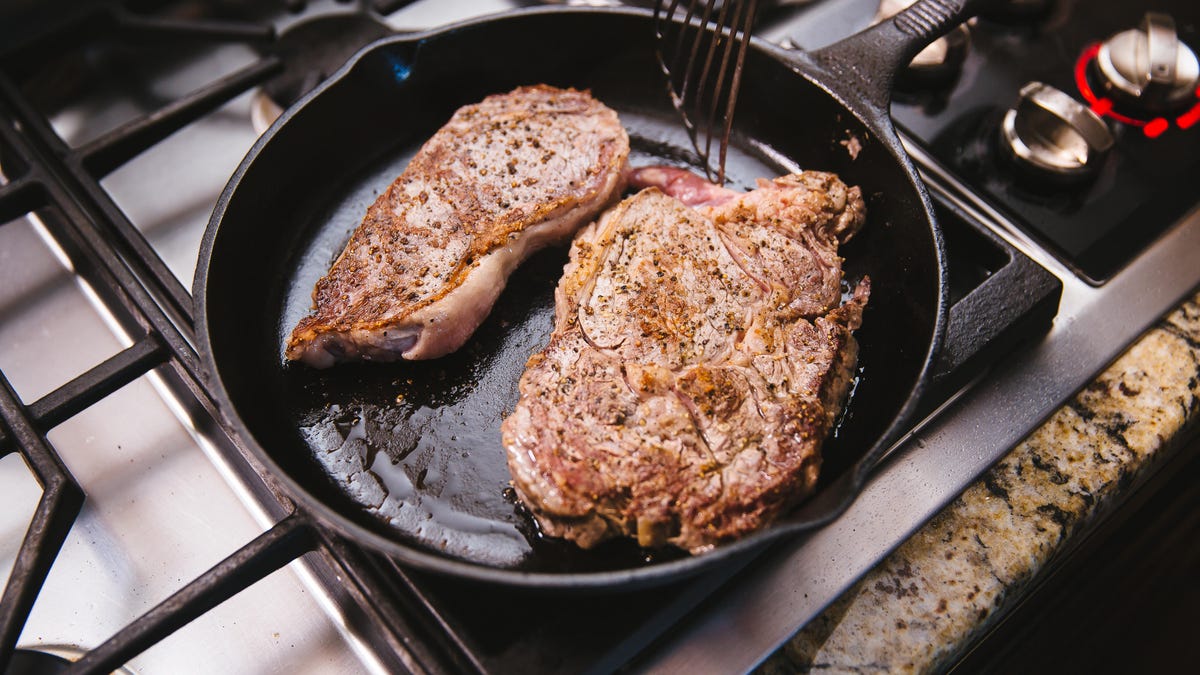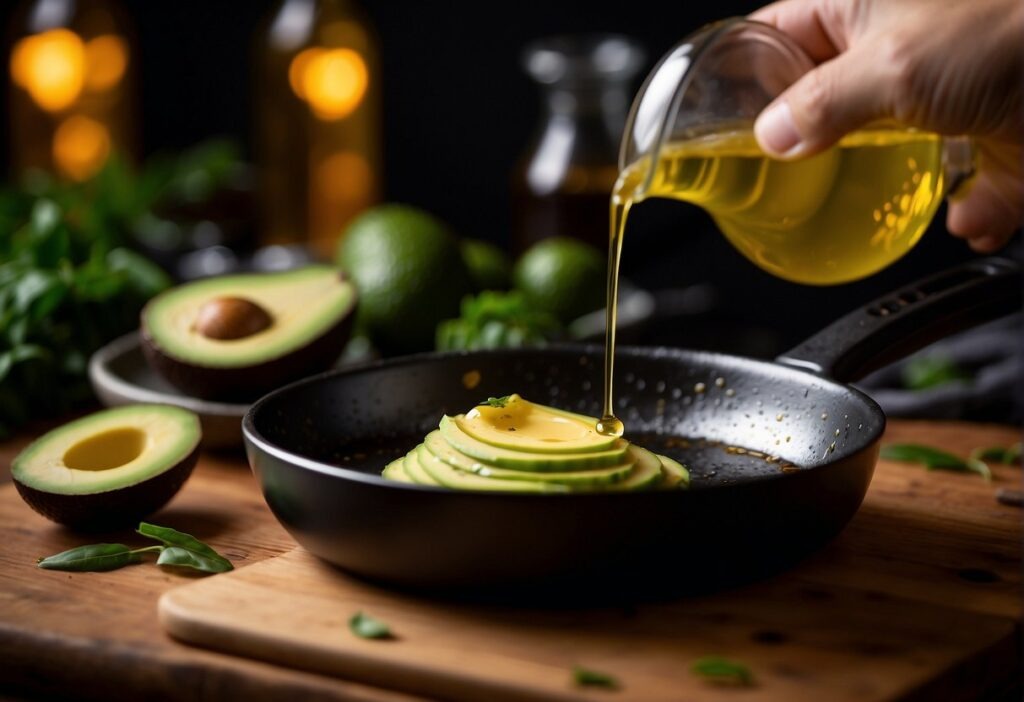Understanding Why Olive Oil Commands a High Price
For kitchen professionals and home cooks alike, olive oil is often a go-to ingredient, renowned for its rich flavor and nutritional benefits. But as you stroll down the supermarket aisles or order it online, the question why is olive oil so expensive might pop into your mind. In this comprehensive guide, we'll break down the multiple factors contributing to the elevated cost of this cherished oil.

The Labor-Intensive Process of Growing and Harvesting Olives
One of the primary contributors to the high cost of olive oil is the labor-intensive process involved in both growing and harvesting olive fruits. Olive trees need specific conditions to thrive and mature, which includes particular soil types, temperature, and a favorable climate.
Careful Pruning and Maintenance
Olive trees require meticulous care. Pruning is essential to maintain the shape of the tree and improve air circulation, reducing the risk of diseases. This sort of maintenance demands manual labor, which drives up costs. Learn more about pruning methods.
Harvesting Techniques
The method of harvesting can also affect the cost. Hand-picking olives ensures that only the best fruit is selected, but it is time-consuming and labor-intensive. Some farms use mechanical means, but they can be less selective and potentially damaging to the fruit, influencing quality. Check our harvesting guide for more insights.

Severe Weather and Climate Conditions
Climate plays a significant role in olive cultivation. Olives require a specific range of temperatures and rainfall patterns, which are typically found in the Mediterranean regions. Even slight deviations can impact the quality and yield of olive crops.
Impact of Climate Change
Climate change has introduced erratic weather patterns, including uncontrolled frost, droughts, and unpredictable rainfall, which can ruin an entire harvest. When supply drops due to such issues, prices inevitably go up. Explore our article on climate effects.

Geographical Influence and Shipping
The olives grown for high-quality olive oil primarily come from regions such as Italy, Spain, Greece, and Turkey. Importing oil from these regions involves significant shipping costs, contributing to the retail price. Additionally, the geopolitical climate can affect the price through tariffs and export regulations.
Local vs. Imported Olive Oil
The geographic origin of the olive oil can also influence the price. Locally produced olive oil might be less expensive due to lower transportation costs, but it is not always an option everywhere. Therefore, imported oils, which come with their own set of added costs, are often the pricier but more readily available choice.

Quality Over Quantity: Extraction Methods
The method used to extract olive oil is another key factor in determining its cost. Extra virgin olive oil is made using cold pressing, which maintains the flavor and nutritional value without chemical treatments.
Cold Pressing Process
Cold pressing is more labor-intensive and yields less oil compared to heat extraction or chemical methods. However, it ensures that the oil retains its high quality, making it more expensive. Discover the cold pressing method.
Certification and Standards
Extra virgin olive oil must meet stringent quality standards and certifications, such as chemical composition and sensory attributes. Maintaining these standards involves more testing and a rigorous production process, adding to the cost.
Adulteration and the Quest for Authenticity
Authentic, high-quality olive oil is hard to come by, partly because of the prevalence of adulterated oils in the market. Ensuring the purity of olive oil involves additional steps for the producers, such as quality tests and certifications, which add to the expense.
Ensuring Purity
Testing olive oil for authenticity is a detailed and costly process. Producers often have to submit samples for chemical analysis and sensory testing, ensuring their product meets strict regulations. Read more on testing authenticity.
Consumer Trust in Labels
Because of the risk of adulteration, consumers often look for certified labels that guarantee the oil's authenticity, and these certifications also contribute to higher prices.
Economic Implications and Market Demand
The demand for olive oil, especially extra virgin varieties, has surged globally due to increased awareness of its health benefits. With higher demand and relatively inelastic supply, prices are bound to rise.
Health Benefits Driving Demand
Olive oil is rich in monounsaturated fats and antioxidants, which are known for their heart-protective and anti-inflammatory properties. This has led to a growing demand among health-conscious consumers, thereby driving up prices.
Export and Import Tariffs
Another layer of cost comes from the economic policies of exporting and importing countries. Tariffs and trade restrictions can make olive oil more expensive in specific markets.
How to Choose the Best Olive Oil for Your Needs
Evaluating Quality over Price
When choosing olive oil, it's essential to balance between cost and quality. While high-quality extra virgin olive oils are more expensive, they often provide better flavor and health benefits. Check our quality guide.
Reading Labels and Certifications
Always check the label for certifications like PDO (Protected Designation of Origin) or PGI (Protected Geographical Indication) which ensure the authenticity and quality of the product. Refer to our guide on certifications.
Understanding Taste Profiles
Depending on your cooking needs, you might opt for oils with different taste profiles. Robust olive oils work well with hearty dishes, while delicate ones are great for drizzling over salads.
FAQs
What makes extra virgin olive oil more expensive than regular olive oil?
Extra virgin olive oil is more expensive because it is made using a cold pressing method, which retains its natural flavors and antioxidants. It also adheres to stricter quality standards and certifications.
Is expensive olive oil worth the price?
Yes, expensive olive oil often provides superior flavor and health benefits. However, it depends on your personal needs and how you intend to use the oil.
Are there affordable alternatives to high-priced olive oils?
Yes, you can find moderately priced olive oils that offer good quality. Look for reputable brands that provide transparency about their production methods and origin.
For more in-depth information about olive oils benefits and details, check out this informative link.
Also, ensure your kitchen stays clean while using olive oil by visiting this kitchen cleaning guide.
As an Amazon Associate, I earn from qualifying purchases.






Leave a comment
This site is protected by hCaptcha and the hCaptcha Privacy Policy and Terms of Service apply.